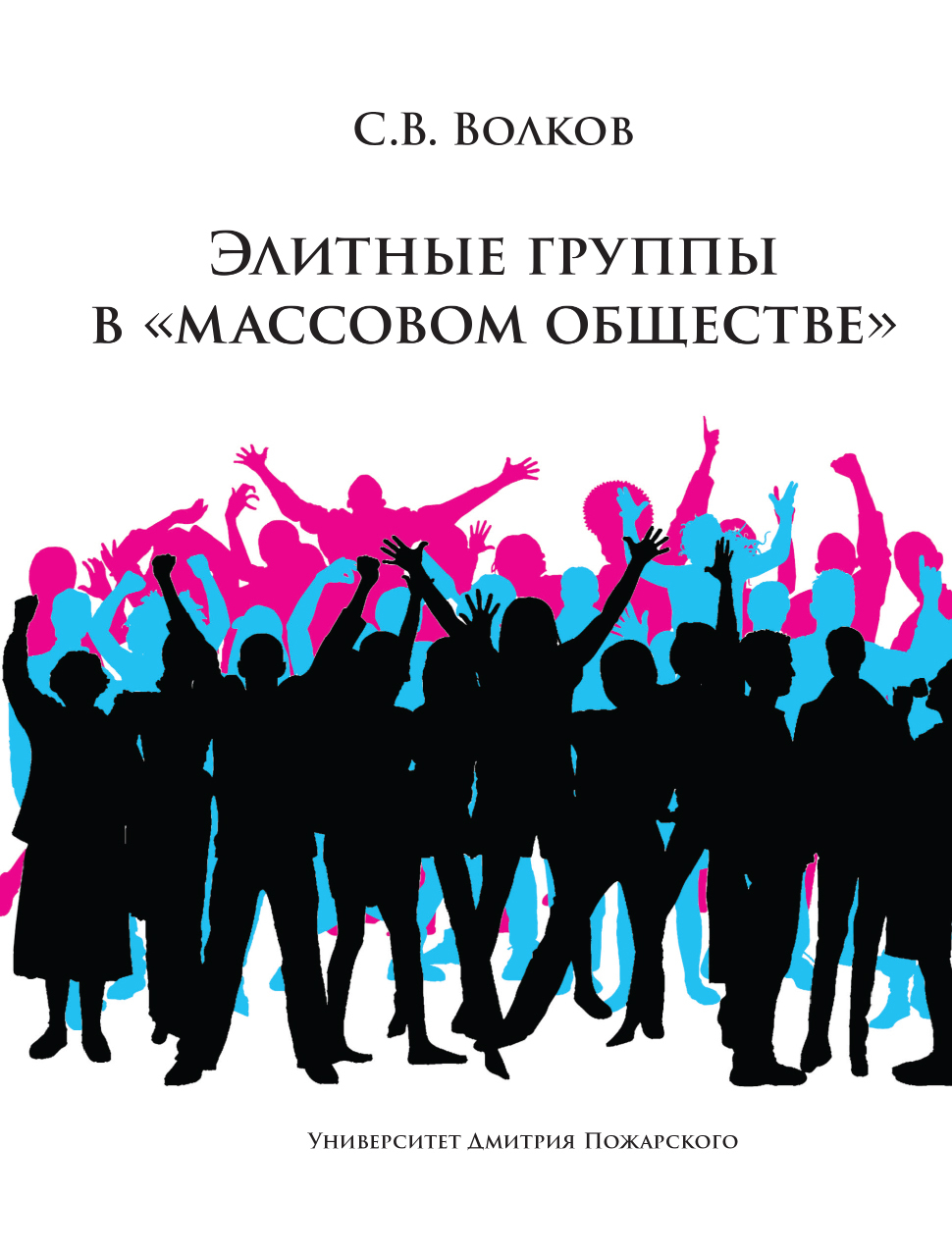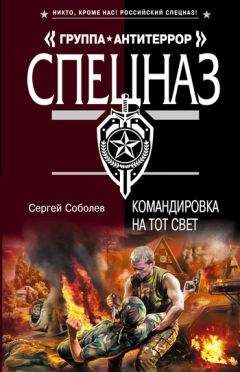the Best: The Aristocracy of Europe in the Twentieth Century. Р. 89, 102, 124, 134, 161, 167–168, 171–172.
333Daalder H., Berg van der J.T.J. Members of the Dutch Lower House: Pluralism and Democratization, 1848–1967 // Does who governs matter? Elite circulation in contemporary societies. Р. 222.
334Sinclair A. The Last of the Best: The Aristocracy of Europe in the Twentieth Century. Р. 147–152, 167–168, 256.
335Sampson A. The New Anatomy of Britain. Р. 557.
336Тамамес Р. Финансовая олигархия Испании…
337Sinclair A. The Last of the Best: The Aristocracy of Europe in the Twentieth Century. Р. 139–141, 245.
338 Quem Governa a Europa do Sul? O recrutamento ministerial, 1850–2000. P. 126.
339Понеделко Г.Н. Государство в экономике Испании. C. 39.
340Тамамес Р. Финансовая олигархия Испании. C. 242–269.
341Linz J.J., Jerez M., Corzo S. Ministers and regimes in Spain: From the First to the Second Restoration, 1874–2002 // Who Governs Southern Europe? Regime Change and Ministerial Recruitment, 1850–2000, London: Frank Cass Publishers, 2003. P. 122, 126.
342Sinclair A. The Last of the Best: The Aristocracy of Europe in the Twentieth Century. Р. 145–146, 172, 174–175, 182.
343Bill J.A. The Patterns of Elite Politics in Iran. Р. 33–35.
344Миллс Р. Властвующая элита. С. 92–93, 95, 98, 116.
345Jaher F.C. Style and Status: High Society in Late Nineteenth-Century New York // The Rich, the Well Born, and the Powerful; Elites and Upper Classes in History. Ed. by F.C. Jaher. Urbana – Chicago – London, 1973. Р. 266.
346Baltzell E.D. Social Mobility and Fertility Within an Elite Group // Milbank Memorial Fund Quarterly, Vol. 31 (October 1953), No. 4. Р. 414–416, 418–420; Keller S. Beyond the Ruling Class: Strategic Elites in Modern Society. Р. 252.
347 См., например: Amory C. The Proper Bostonians. NY., 1947; Baltzell E.D. Philadelphia Gentlemen. NY., 1958; Burt N. The Perennial Philadelphians: The Anatomy of an American Aristocracy. Boston, 1963; Cady E.G. The Gentlemen in America. Syracuse, 1949.
348Keller S. Beyond the Ruling Class: Strategic Elites in Modern Society. Р. 304.
349Hacker A. The Elect and the Appointment: Two American Elites // American Political Science Review, 55 (Sept. 1961). Р. 546.
2. Численность элиты и высшей элиты
350Keller S. Beyond the Ruling Class: Strategic Elites in Modern Society. Р. 78.
351 См.: Gilbert, D., Kahl, J. The American Class Structure. A New Synthesis. Homewood: The Dorsey Press, 1982; Coleman, R., Rainwater, L., McClilland, K. Social Standing in America: New Dimensions of Class. New York: Basic Books, 1978.
352Аксёнов А. Н. Возрастание руководящей роли партии в коммунистическом строительстве: на материалах Компартии Белоруссии, 1959–1973 гг. Минск., 1974. С. 60.
353Восленский М.С. Номенклатура. Господствующий класс Советского Союза. М., 1991. С. 153.
354Perkin H.J. The Third Revolution: professional elites in the modern world. Р. 125.
355Миллс Р. Властвующая элита. С. 140, 204–205.
356Егоров К.Л. Государственный аппарат КНР. С. 67, 70, 135–140, 150, 157.
357Капралов П.Б., Круглов А.М., Островский А.В. Современные тенденции развития социальной структуры КНР. С. 150.
358Мосько Г.Н. Армия Китая – орудие авантюристической политики маоистов. С. 65, 82.
359Егоров К.Л. Государственный аппарат КНР. С. 22.
360Baena del Alcazar M., Pizarro N. The Structure of the Spanish Political Elite, 1939–1975 // Studies of the structure of national elite groups. Ed. by G. Moore. Greenwich and London, 1985. Р. 153–155, 162–163, 167, 170.
361Волков М.С. Правящая элита Испании второй половины XX в. С. 70–71, 129, 159.
362Sampson A. The New Anatomy of Britain. Р.263.
363Кувалдин В.Б. Интеллигенции в современной Италии. С. 174.
364Hoffman-Lange U. Structural Prerequisites of Elite Integration in the Federal Republic of Germany // Studies of the structure of national elite groups. Ed. by G. Moore. Greenwich and London, 1985. P. 49.
365Higley J., Deacon D. The Australian National Elite in the 1970s and 1980s // Studies of the structure of national elite groups. Ed. by G. Moore. Greenwich and London, 1985. P. 102–103.
366Perkin H.J. The Third Revolution: professional elites in the modern world. Р. 153–155.
367 Хангук инмён сачжон (Биографический словарь Кореи). Сеул, 1976.
368Калашников Н.И. Вооруженные силы и эволюция политической системы Таиланда // Вооруженные силы в политической системе. М., 1981. С. 86, 92; Федоров В.А. Армия и политический режим в Таиланде. С. 28, 63.
369Ocampo-Zamorano A. Public vs. Private? Conceptions of Entrepreneurial and Political Elites of the Quest for Colombian Development // Studies of the structure of national elite groups. Ed. by G. Moore. Greenwich and London, 1985. Р. 224–225.
370Gutmann E., Landau J.M. The Political Elite and Leadership in Israel // Political Elites in the Middle East. Р. 178–179.
371Bill J.A. The Patterns of Elite Politics in Iran. Р. 23, 26–27.
372 Государство в странах капиталистической ориентации. С. 52, 187.
3. Образовательный уровень элиты и роль престижных учебных заведений
373 Наличие высшего образования у этих лиц по годам рождения выглядело так:
(Mills W. The American Business Elite: A Collective Portrait // The Tasks of Economic History. Supplement to the Journal of Economic History. V Desember 1945. Р 30, 32–33, 37.)
374Kaelble H. Social Mobility in the 19th and 20th Centuries: Europe and America in Comparative Perspective. Р. 100, 115.
375Mannari H. The Japanese Business Leaders. Р. 198.
376Newcomer M. The Chief Executives of Large Business Corporations // Exploration in Enterpreneurial History. Vol. V. Cambridge, 1952–1953. Р. 21, 26, 11.
377Миллс Р. Властвующая элита. С. 146.
378Miller W. American Historians and the Business Elite // Journal of Economic History. Vol. IX, N 2. November 1949. Р. 207.
379 The Nine Hundred // Fortune, November 1952. P. 135.
380Granick D. Managerial Comparisons of Four Developed Countries: France, Britain, United States, and Russia. VIN Press, 1972. Р. 168.
381Mannari H. The Japanese Business Leaders. Р. 226.
382Marger M. Elites and Masses: an Introduction to Political Sociology. P. 167.
383Миллс Р. Властвующая элита. С. 529–530.
384Macmahon A.,





